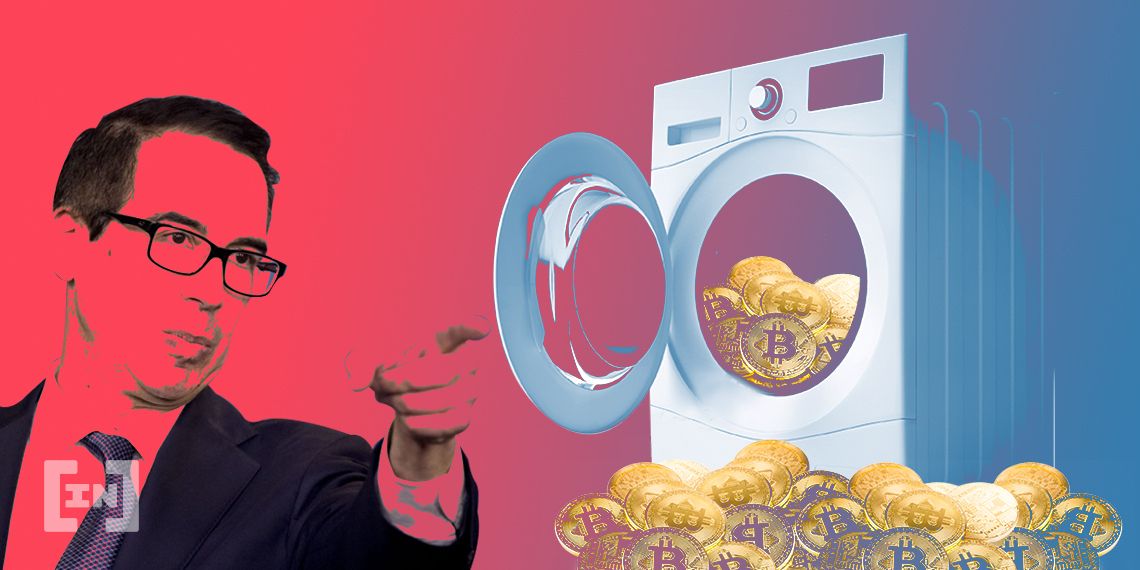A bipartisan group of nine US congresspeople sent a letter to Treasury Secretary Steven Mnuchin calling for longer time frames for proposed crypto wallet legislation.
The letter, posted by the pro-crypto NGO coincenter.org, shows that the letter was signed by representatives of both parties and Senator Tom Cotton. This is an unusual display of unity from America’s lawmakers at this time.
A Matter of Legitimacy
The bipartisan group requested that the Treasury Department extend the comments period on proposed regulation touching on crypto. The current period is 15 days. With the holidays, there are only eight working days.
The group asks for an extension to at least 60 days, which is closer to Treasury’s norm. The group also claims that the rushed process calls into question the legitimacy of the proposed ruling.
The lawmakers also called on the Treasury Department to postpone implementation of the rule by a half year. Crypto market operators need this time to implement the technology and processes that will keep them compliant.
A Matter of Crypto
The proposal under question comes from Treasury’s Financial Crimes Enforcement Network (FinCEN). It was released on Dec 18. FinCEN will require Virtual Asset Service Providers (VASPs) to increase know-your-customer (KYC) information regarding privately owned wallets.
If there are no changes, VASPs would need to send the information to the Treasury Department if the transaction exceeds $10,000. However, the VASP needs to collect and hold the data if the amount transferred exceeds $3,000.
What’s more, under other new legislation that FinCEN proposed, VASPs need to report cross-border transfers of over $250. This is down from the current $3000.
Whose Bright Idea?
FinCEN is not acting on its own accord by presenting these proposals. Rather, the main idea behind them is to bring the US in line with the rest of the world.
Globally, the Financial Action Task Force (FATF) tries to align anti-money laundering legislation across governments. In 2019, FATF pointed to FinCEN that American legislation was falling behind other countries. Washington needed to remedy this by mid-2020.
Convergence With Fiat, Divergence With Practice
The Treasury Department intends to bring the crypto environment in line with existing banking regulations. The limits set in the proposal are similar to those called the travel rule, for cross-border transactions, in fiat banking.
However, the rushed manner in which it is doing so makes some observers wonder about the bureaucracy’s motivations. Some, like Forbes contributor Yaya Fanusie, point to Treasury Secretary Steven Mnuchin’s personal distaste for bitcoin.
Disclaimer
In adherence to the Trust Project guidelines, BeInCrypto is committed to unbiased, transparent reporting. This news article aims to provide accurate, timely information. However, readers are advised to verify facts independently and consult with a professional before making any decisions based on this content. Please note that our Terms and Conditions, Privacy Policy, and Disclaimers have been updated.

